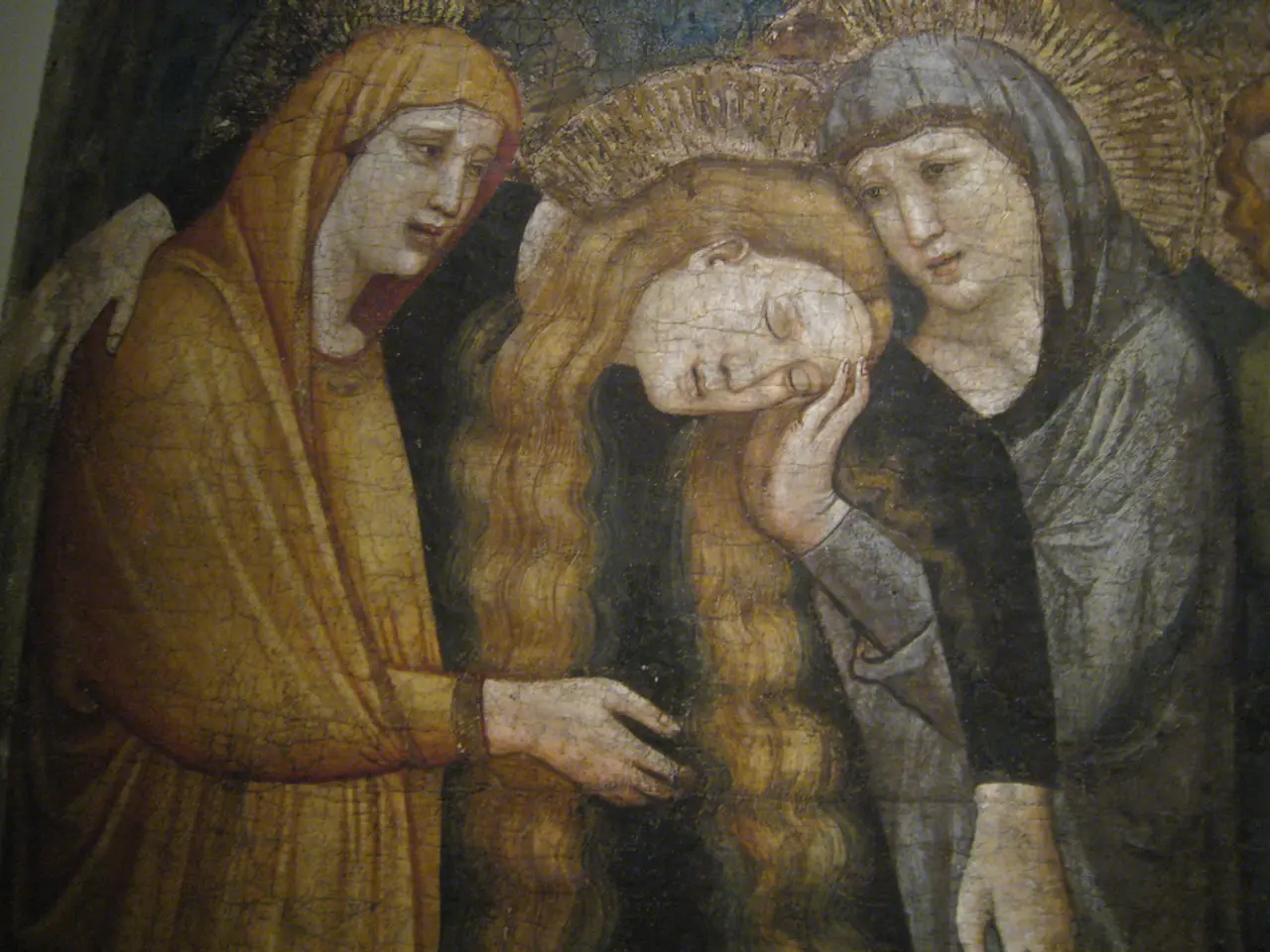Rider explains unexpected cocaine test result, attributing it to sexual activity
In a recent development, Swiss jockey Sybille Vogt (30) has been suspended from racing in France for six months due to the presence of cocaine in her system. The positive result was detected on March 28, 2025.
The verdict, handed down by the relevant authorities, stated that the analysis of Vogt's biological sample showed the presence of the banned substance and its metabolites. Vogt did not dispute the findings, admitting to being careless during sexual intercourse with a person who consumed banned substances.
At a subsequent hearing, Vogt provided an unusual explanation for the cocaine in her blood, but further details about this explanation were not provided in the article. The jockey's sexual partner confirmed consuming cocaine.
The sexual intercourse in question occurred the day before the test. It is important to note that horse racing has strict rules and regulations prohibiting the use of banned substances by jockeys and other participants to ensure fair competition and horse welfare.
The French horse racing sector is overseen by Pari Mutuel Urbain (PMU), operating under a tightly regulated ecosystem overseen by the Autorité Nationale des Jeux (ANJ) that includes controls on gambling and racing integrity. Jockeys and trainers are subject to doping tests to detect banned substances, including stimulants, narcotics, and other performance or impairment-affecting drugs.
If a participant tests positive for a banned substance, punitive measures can include suspensions, fines, and disqualifications. For horses, banned substances such as ketamine or clenbuterol have led to sanctions against trainers or owners. The presence of such substances jeopardizes race fairness and horse welfare.
The verdict prohibited Vogt from participating in races for a period of six months. No additional penalties beyond this racing ban were specified in the verdict.
This case serves as a reminder of the importance of adhering to the strict rules and regulations in horse racing to maintain fairness, safety, and horse welfare.
- Despite the unusual explanation provided by Sybille Vogt, her six-month suspension from racing in France, due to banned substances discovered in her system, is a testament to the rigorous rules and regulations in place, specifically in the horse racing sector, overseen by the Autorité Nationale des Jeux and Pari Mutuel Urbain, to secure fair competition and animal welfare.
- In the realm of general-news, this case involving Sybille Vogt, a jockey suspended for six months due to cocaine in her system, further underscores the importance of abiding by cricket-and-justice norms, not just in horse racing, but in all sports, to maintain integrity, fairness, and the welfare of all participants.








